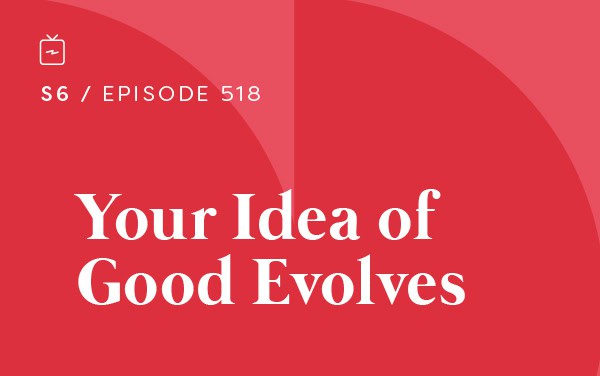Podcast: Play in new window | Download
Subscribe to the Recovery Elevator Podcast Apple Podcasts | RSS | More
Episode 518 – Your Idea of Good Evolves
Today we have Ashley. She’s 25 years old from Spokane, WA and took her last drink on September 22nd, 2024.
Sponsor for this episode:
Better Help – 10% off your first month
This February, we are doing our first ever alcohol-free singer-songwriter course. In this six-week course you’re going to connect with other sober musicians. You’re going to improve your songwriting skills and hear from professional musicians. We will all write our own songs which we will share in the last week.
Registration is open for Recovery Elevator’s first ever Men’s Retreat will be April 5th through the 12th in Costa Rica.
[03:17] Thoughts from Paul:
Quoting Yung Pueblo, “Maturity is knowing that endings are a part of life. Jobs change, who you hang out with changes. Your idea of what is ‘good’ evolves. An ending is a sign that you’re opening a new chapter.”
There’s a saying in this space that we stop maturing when our drinking becomes problematic. When alcohol begins to take over every aspect in our lives, our maturation is halted. Our idea of what is good evolves, but it doesn’t evolve when we keep labeling booze as a good time.
Start using your brain to build your alcohol-free life in your mind. Eventually the universe will line up to make this happen, in fact, it’s already happening. Think about the podcast you are listening to and how you got here. You’re probably way further down this journey than you think.
[07:30] Paul introduces Ashley:
Ashley lives in Spokane, WA and works for a cleaning business. She enjoys crafting and journaling. Right now she is working on a scrapbook that looks like a Vision Board for 2025.
Ashley says she didn’t really drink until college. When COVID shut everything down in 2020, Ashley was a junior in college and had just turned 21. She was living alone in a studio apartment and got to drink the way that she wanted to drink. When she noticed her drinking ramp up, she started to cut it back a bit.
After the shutdown was lifted, Ashley started bartending and didn’t want to drink much on the job. That shifted a bit when she changed jobs and was working at a brewery where she and other coworkers would take drinking breaks while on their shift. Over time she recognized she was drinking too much and tried to moderate at least at work.
Ashley began to recognize that she didn’t like that she was becoming very cynical while at this job. She talked to her partner about it, and he encouraged her to leave the job since it was affecting her so negatively. Ashley took the time off after quitting to do whatever she wanted and saw her drinking increase. She would hide her bottles so her partner wouldn’t see how much she was actually drinking.
On the day of her last drink, Ashley and her partner had gone out and bar hopped. Ashley ended up blacking out and when she woke up, her partner was gone. She could not remember most of the night before and wasn’t sure what was going to happen next but knew she could no longer drink.
Ashley says the first two days were full of anxiety, but she just focused on one day at a time. She distracted herself with movies and video games. At therapy that week, she shared where she was with alcohol for the first time. Her therapist recommended the I Am Sober app which Ashley found very helpful. The cravings have decreased over the last few months and when they do happen, she plays the tape forward. Since quitting Ashley says her depression and anxiety has reduced dramatically. She has more energy, and her routines have become more consistent. Ashley is happy to find she can still socialize even without alcohol.
Ashley’s parting piece of guidance: it is important for you to look inside yourself and see if it’s actually something you want to do or if you’re afraid to do it, maybe look into why you’re afraid to do it.
Recovery Elevator
Rule 22, let’s lighten up, not take ourselves too seriously.
I love you guys. We can do this.



